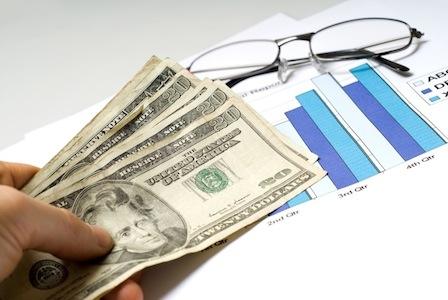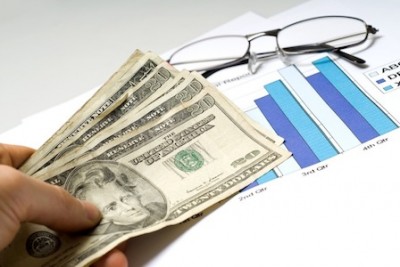The government wants Americans to spend, spend, spend – but the average consumer is over it. Instead of doing what the government wants, millions of consumers are doing what’s best for their own lives: they’re taking a hard look at their finances and trying to dump their debt load.
For some, it’s a matter of cutting back until they can catch up on payments. For others, it’s been a matter of mailing back the keys and declaring bankruptcy. Either way, for the first time in years, American debt levels are falling. It’s making individual households happy, but the government is none too thrilled about it.
Stepping Out of the Spending Cycle
In the years leading up to the “Great Recession,” Americans were encouraged to load up on debt. Almost anyone with a pulse could get a loan for a home, and credit cards were being handed out left and right on college campuses. If you wanted to buy something but didn’t have the money, all you had to do was ask for financing. Approval was pretty much guaranteed.
The result was a booming consumer economy across the country, but it was an economy operating on borrowed time. At the edges, things were unraveling, but sheer momentum kept things going for quite a while – or as long as you can really operate in a no money down, no interest payments for twelve months, and no credit check environment.
When the payments started coming due, things crashed fast. Thousands of workers were added to the unemployment rolls each week, and the government stepped in to make up the difference with stimulus program after stimulus program. Cash for Clunkers, ninety-nine weeks of unemployment, Quantitative Easing … eventually, real people started to see through the hype and opted out of the spending cycle.
New book reveals how to keep this “gangster” economy from murdering your money…
As a result, overall consumer debt levels are down by 7 percent compared to 2008, according to the Federal Reserve Bank of San Francisco. The number went sharply lower in the fourth quarter of 2011 as consumers opted for an affordable Christmas and a firm step off the spending cycle. They started the new year with a new determination to reining in their debt via bankruptcy, foreclosure, or just flat-out shutting their wallets, and the numbers have really started to move.
Good for Individuals, Bad for Government Agencies
This drop in consumer debt levels is good for individuals, but it’s not good for government agencies. Much of the American GDP is driven by spending, which keeps the whole web of the financial industry, political lobbyists, and special interest groups afloat. If Americans don’t spend, sales tax revenues fall, businesses close, and more people are out of work, at least in the short run, and that spells the end of the road for government spenders.
In the long run, responsible financial behavior leads to prosperity, but government bean counters aren’t looking for the long run. Many of them really, really want to get re-elected in the coming years, and a sharp cut back by consumers hurts their chances. They want the economy to look good for the pollsters, and encourage people to spend for “the greater good” instead of dumping their old debt and starting over.
It’s a problem, to say the least. All the government bribery in the world – no matter how cleverly it’s disguised as stimulus – can’t get wary consumers to spend. The American public is tapped out and more interested in the financial health of their individual household than how good or bad a certain employment statistic looks for any political candidates.
Hopefully, American consumers will keep up their more modest ways. Yes, it hurts in the short-term, and it’s more fun to buy everything you see without thinking. However, for the country to ever stand an honest chance of getting back on track, consumer debt levels need to stay on a downward path.
©2012 Off the Grid News











